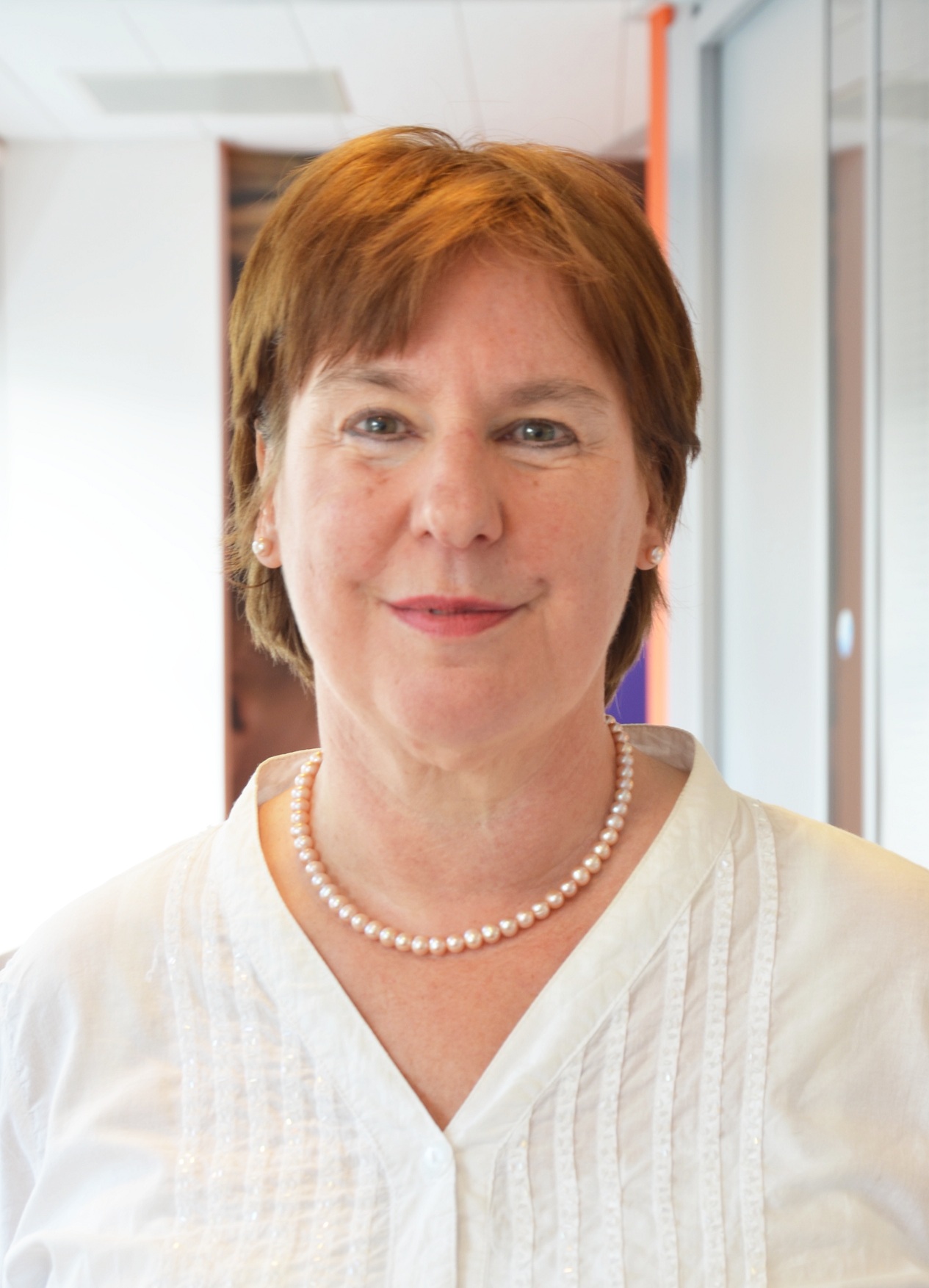NIS International Research-to-Practice Conference
Inspirational Speakers

Keynote Speakers
Carolyn Adams
In 2016, Carolyn Adams became IB’s first Director of Strategic Development and Execution and has led in the implementation of the IB’s strategic plan.
Most of Carolyn’s career has been spent in the delivery of large scale, high profile assessments and, before joining the IB, she was Examinations Director of AQA, the largest of the assessment organisations offering A-levels and GCSEs in the UK. She spent her first six years in the IB as Chief Assessment Officer, transforming the assessment of the Diploma and Middle Years’ Programmes from paper-based to digital operations. In 2016 she became IB’s first Director of Strategic Development and Execution and has led in the implementation of the IB’s strategic plan. Carolyn also oversees research in the IB and her interests lie in bringing together strategy development and research to innovate in an organisation already well known for its innovative programmes, assessments and engagement with IB World Schools.
